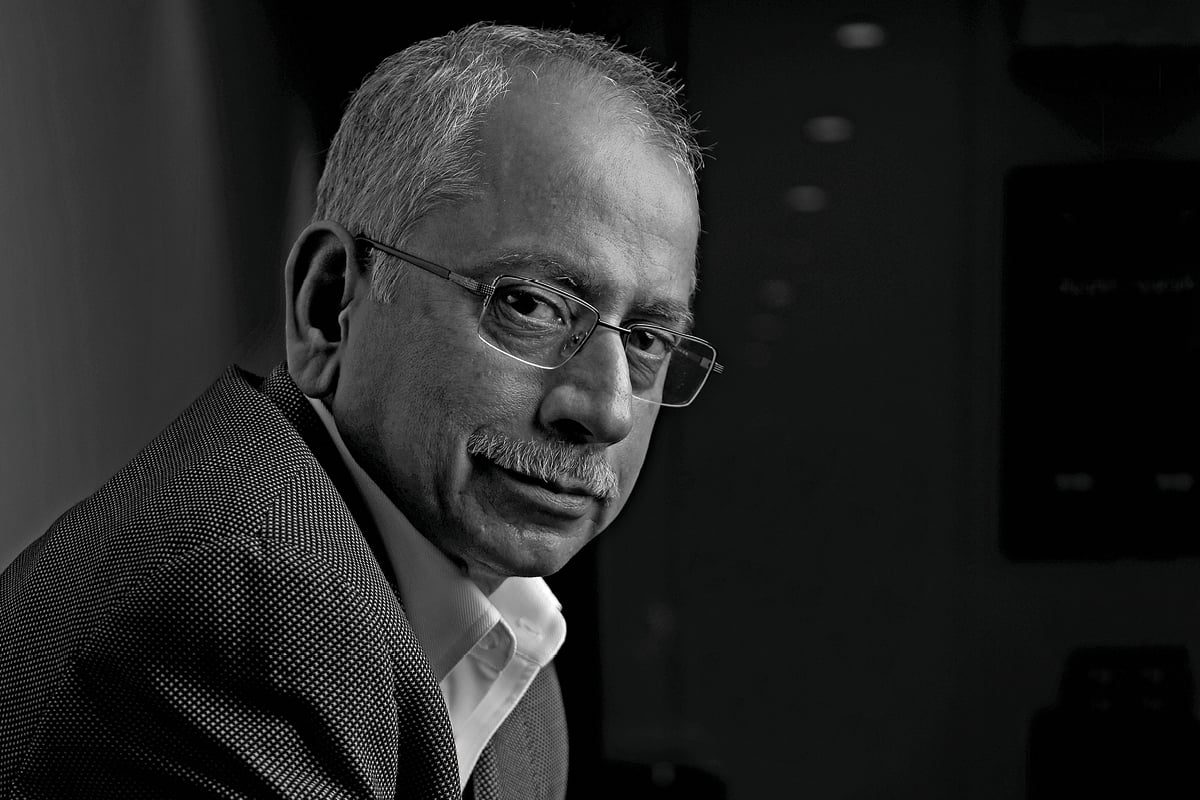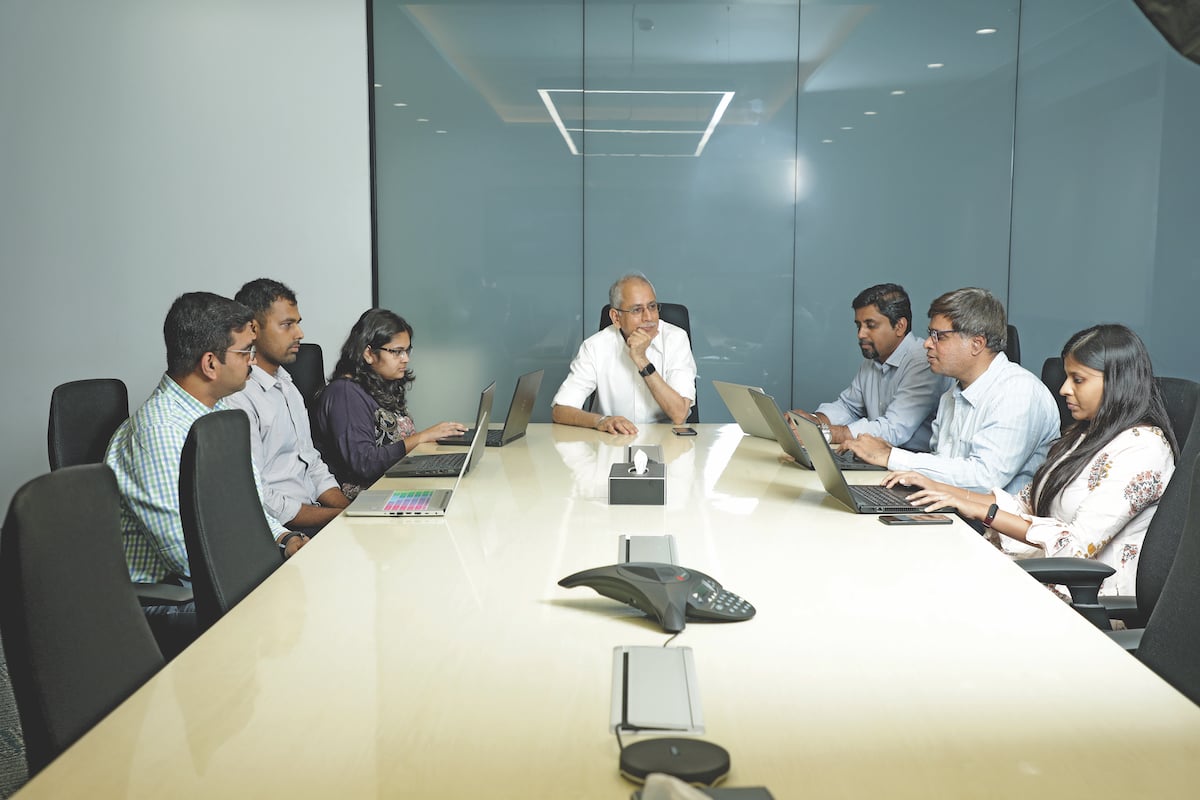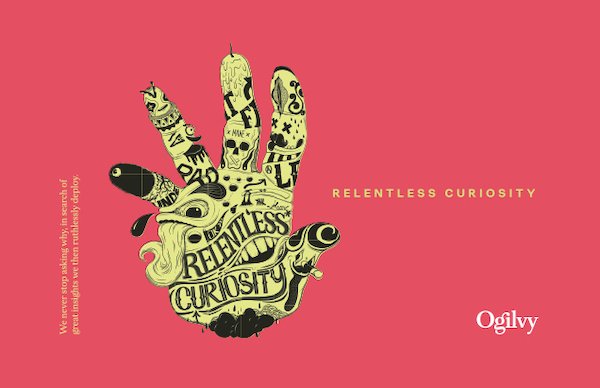Harit Nagpal is the consummate salesman. Without the spin. He doesn’t spout a slick pitch, or trendy buzzwords, or offer gimmicks. Nor does he try to convince you his product is the best – he’s quietly confident that it is.

Instead, the CEO of Tata Sky keeps his focus on his customers, exuding the calm authority of someone determined to keep them happy. And as far as Harit is concerned, the key to that happiness is good old-fashioned service.
Tata Sky, based in Santacruz Mumbai, is India’s largest and fastest-growing television broadcasting service, offering 600 channels and services. It secures 32% of the country’s 54.36 million DTH (direct-to-home) subscriber base, which happens to be the largest in the world. The company, a joint venture between Tata Sons and TFCF (formerly 21st Century Fox), was incorporated in 2001 and launched services in 2006.
Harit boasts an extensive career working in sales and marketing across a broad range of organisations including PepsiCo, Lakme and Marico. When he joined Tata Sky nine years ago, moving across from his role as Group Marketing Director of Vodafone, Tata Sky ranked just fourth among the top six DTH distributors.
“While everybody saw satellite as a premium product to be used only by high-end subscribers living in urban areas, I saw it working successfully across rural areas as well. My strategy was to reduce the cost and increase the service to reach everybody, which also meant providing a product that didn’t fail because service costs in far-flung areas are very high.”
Heading an intensely commoditised industry with no exclusivity to leverage, Harit knew he had to find a sustainable differentiator to draw upon if the company was to compete and grow.
“You don’t have exclusive content, technology or distribution to offer, because your competitors can offer the same,” he explains. “Nor do you have price exclusivity because a competitor can beat your lowest price in 15 minutes. It’s a constantly moving target.
“So, we decided service would be our point of difference. Service is very process-based and needs people to make these processes our own. That can’t be replicated overnight.”

A practical man, clearly competent at selling any product – from cola to health, cosmetics to telecommunications – Harit’s first task was to change the mindset of his team. That meant getting rid of ‘customers’ and replacing them with ‘subscribers’.
“We’re not selling consumables, where a customer buys something like a biscuit or a cola for 10 rupees and doesn’t buy it again if they don’t like it.
“We want subscribers willing to commit and be mentally prepared to spend 300–1,000 rupees a month with us for the rest of their lives.
“It’s a considerable decision, usually requiring advice from family, neighbours or colleagues,” he explains. “This means we have to rely on our existing base of satisfied customers, those neighbours, friends and colleagues, to promote our service. So, we have to work harder to keep our current customers happy. It’s a snowball effect where the ball is getting larger every year without us having to promote in the market.”
Naturally, providing exceptional service, whether it be installing equipment, servicing or selling it, requires a capable team. While Harit heads an immediate employee base of 1,600 at Tata Sky, he leads an enormous external team, outsourcing 42,000 jobs to partners responsible for installation, servicing and repairs.
“We outsource the job; we don’t abdicate it. We don’t outsource the process, we don’t outsource quality control – we just outsource the execution,” he explains. “Everyone must be aligned to our processes because if they are not, there is no synergy.
“We don’t outsource the process, we don’t outsource quality control – we just outsource the execution.”
“Every year I spend a day at a conference hosting my partners who supply my software, hardware – the dishes, cables, remote controls, you name it – to share Tata Sky’s business plan and vision. I don’t care that these vendors supply our competitors as well; if they are partnering with me, I want them to know our plans. That builds loyalty.”
While Harit believes that it is efficient processes rather than advertising that creates a brand, he’s well aware of how flexible those processes have to be to meet the varying needs of individual customers. He wants their problems fixed to prevent them from looking around for others to solve their problem or satisfy their demands.
“There is no one silver bullet to fix everything, so our purpose is to find the root cause of their problem and eliminate it by changing the process. After all, our subscribers want to watch television, not spend their time calling us.”
Proudly supported by:




